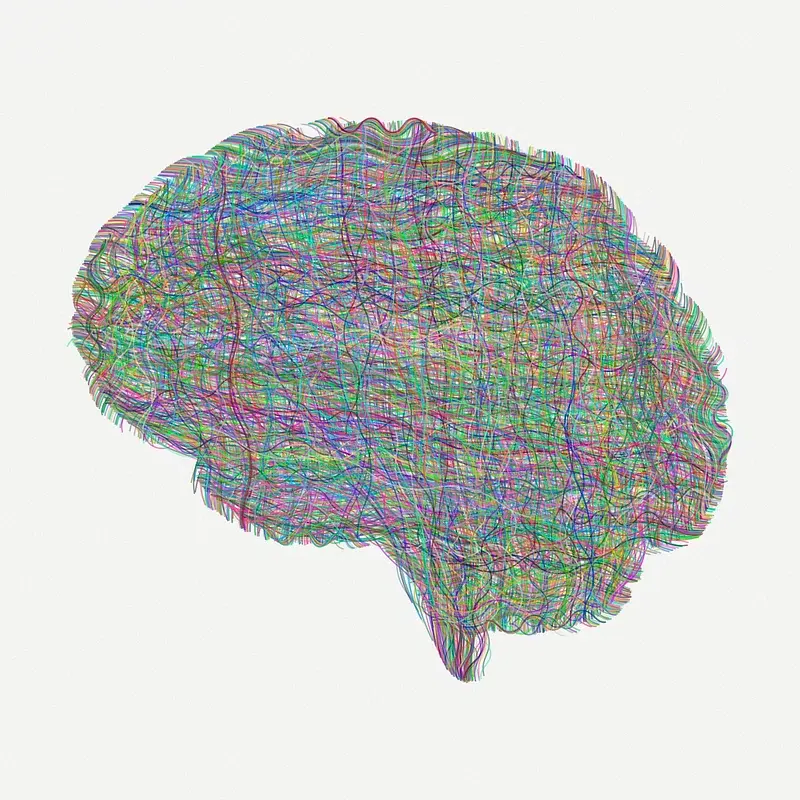Emotion Focused Therapy | What is It? | How does it Work?
- Kaelen Hepworth

- Mar 23, 2024
- 3 min read
Updated: May 6, 2024

Emotion Focused Therapy began in the mid-1980s and was originally an approach to helping couples. Since then it has been recognized as a beneficial approach for helping individuals to better understand their own emotions and use their emotions to form an understand of themselves and their bodies.
Emotion focused therapy is a form of therapy which views emotions as the foundation to our environments. In this form of therapy emotions are viewed as playing a key role in goal directed behaviour, influencing our motivation, perception, cognition and behaviours. This form of therapy views emotions as a filter, in this view it is argued that emotions help to orient us in our environments, but this can cause both positive and negative consequences. For example think of an old pair of red/blue 3D colour glasses. Viewing the world looking through just the red lens, is different from just the right lens.
This is how emotions impact our lives. The place a filter over our life that has us focus on one aspect or area instead of the whole picture, emotion focused therapy helps us to take in the whole picture, or look through both lenses at once.
The Fundamental Beliefs of Emotion Focused Therapy
A lack of emotion awareness has negative impacts.
Increasing emotional awareness has positive impacts.
Avoiding/repressing emotions can lead to negative outcomes.
Emotion focused therapy helps to increase emotional awareness and emotion regulation, through training by the counsellor. Better understanding the emotion felt allows better management and responses to emotions.
Who is Emotion Focused Therapy For?
Emotion focused therapy is best for people who have a lack of emotional awareness and emotion regulation. Often characteristics of the following:
Individuals with anxiety.
Individuals with depression.
Individuals with poor stress management.
Learn how to navigate conflict resolution.
Learn your role in communication.
Develop healthy, helpful boundaries.
Emotion focused therapy is commonly not recommended for people with panic and impulse related disorders, as these disorders are commonly described has disproportional to the internal experience, improving emotional awareness in this case may not be beneficial for improving therapeutic outcomes.
What are the Initial Steps of Emotion Focused Therapy?
Find a Therapist you can connect with.
Honest and accurate communication with your therapist.
Following the process.
What Techniques are used in Emotion Focused Therapy?
Learn not to judge your feelings.
Learn reflective questioning.
An integrative approach that recognizes the biological and cognitive impacts on health.
Using an empathetic relationship with your emotions.
Detailed exploration of client emotional experiences.
How does Emotion Focused Therapy Work?
Emotion focused therapy is typically of short term focused form of therapy. Taking place weekly over 15-20 weeks. This form of therapy works by teaching you how to perceive your emotions, how our emotions effect out behaviour and teaching you alternative means of coping and regulating emotions to reduce negative outcomes.
Emotion focused therapy can be complex and relies on honesty and trust in your relationship with your therapist. The therapeutic relationship is as important as the type of therapy used, at Path Positive we offer multiple counsellors. However if you do not find your fit, we are happy to refer you as our goal is your success.
What are the Benefits of Emotion Focused Therapy?
When completed these outcomes are typically expected, but vary from person to person and as with all forms of therapy results are not guaranteed.
Increased awareness of emotions.
Improvement of emotion regulation and coping strategies.
Learning that emotions are crucial in behaviour, but ultimately our decisions are our own and not just a result of emotions.
Regaining your power.
Summary and Next Steps
Emotion focused therapy is a potentially very beneficial form of therapy, suggested to help reduce anxiety, depression, and improve stress management. It has had years of successful implementation, and could be right for you. If you are interested in learning more or booking an appointment with us reach out using a link below.





Comments